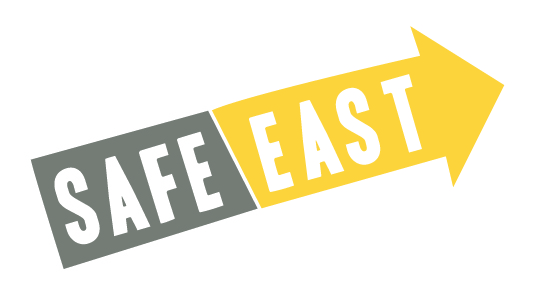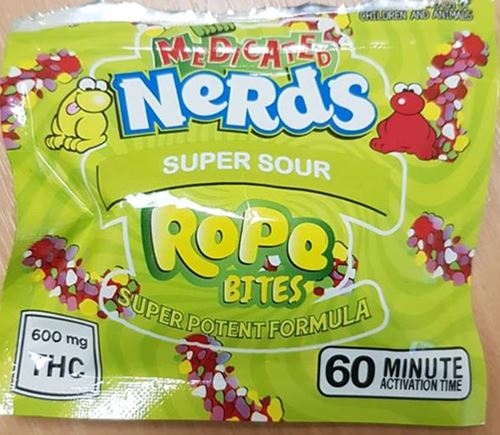
Making services better for young people in Tower Hamlets

Tower Hamlets is rolling out the YOU’RE WELCOME Programme ! Find out more about how your service can become young people friendly by achieving the YOU’RE WELCOME accreditation award.
WHAT IS YOU’RE WELCOME?
- A set of non-mandatory standards developed by the Department of Health in 2008 (revised in 2011, endorsed by WHO), designed to improve access and quality by creating young people friendly health services
- The standards set out principles to help commissioners and providers to improve both NHS and non-NHS health services for young people
- They provide opportunity to drive up quality and engage young people in service improvement, design and review – Young Verifiers
WHAT CRITERIA WOULD I NEED TO MEET?
Settings would have to meet all 7 standards to get the award:
- Involving young people in their care and in the design, delivery and review of services
- Explaining confidentiality and consent
- Making young people welcome
- Providing high quality health services –includes 5 specialist standards
- Staff skills and training
- Linking with other services
- Supporting young people’s changing needs
HOW DOES IT WORK?
- Settings who have not previously received the YOU’RE WELCOME accreditation will need to complete a Self-Assessment toolkit
- If you have previously received the award you will need to be re-validated(every 18 months)
- As par of the verification process, Young Verifiers will conduct a mystery shopping visit
- The Moderation Panel made up of key stakeholders agrees the YOU’RE WELCOME accreditation
WHAT’S IN IT FOR ME?
By achieving the award, your service will benefit from:
- Getting your service reviewed from the perspective of a young person
- Increased confidence in staff so that they are better able to address the needs of young people who access your service
- Making improvements that will help to increase young people’s access to your service
- Improved commissioning prospects by having achieved a recognised quality standard that is supported by Public Health England, NHS England and the Department of Health.
So far a number of services have been re-validated and are awaiting the verification process. We are also inviting all organizations who provide services for young people to take advantage of this opportunity to help improve health outcomes for young people who live in or access the borough.
Train to become a Young Verifier to help to make local services better for young people in Tower Hamlets

RECEIVE a £100 INCENTIVE
No experience necessary!
Are you
- 15-20 years old?
- Concerned about how health services are delivered to young people?
- Interested in helping to shape services for young people and gaining recognition for carrying out outstanding work in your community?
- Available to meet one evening per week in Tower Hamlets for training and to carry out mystery shopping visits?
Young Verifiers use the set of quality standards which services have to meet and evidence in order to prove that they are young people friendly to award services with the You’re Welcome Accreditation. This is measured through the completion of a self-assessment toolkit followed by an assessment. Settings include health centres, pharmacies, GPs and other health ‘settings.’
WHAT’S IN IT FOR ME?
Becoming a Young Verifier will help you to:
- Develop self-confidence
- Increase your communication skills
- Help shape the way health services are delivered and evaluated.
- Gain valuable work experience to enhance your CV, college and university applications
- Receive full accredited training (AQA Award), certificate and a reference from Safe East
Peer Education Programme
The Peer Education Programme is aimed at years 9-12s and is centred around Healthy and Unhealthy relationships. We have recognised the need for young people to build their resilience to help to safeguard their health and that of others as many young people are unable to cope with issues that challenge their health and “bounce back.” By focusing on building resilience, young people will be equipped to help them deal with many of the issues that they face during their transition from adolescence to adulthood such as premature and risky sexual behaviour, substance misuse, smoking, bullying and social media issues, exploitation, relationship stresses and body image and confidence.
How it works
- Young people are nominated by staff members to become Peer Educators
- Two day off-site training programme (can be held during the mid-term break)
- Trained Peer Educators engage in 1:1 or small group sessions with their peers and record their activity.
Why Peer Education?
Peer Education has been shown to be effective because:
- Young people think of their peers to be more credible sources of information compared to adults
- Information is provided in ways that young people find more acceptable
- Existing social networks are used to share experiences which can be sustainable and have more impact beyond formal school teaching sessions
- Young people may be more comfortable asking questions and sharing personal experiences.
Benefits for young people
- Opportunity for young people to share their concerns and seek solutions through mutual sharing
- Inspires young people to adapt health-seeking behaviour
- Gives them the skills and knowledge they need to improve their health and wellbeing
- Builds resilience helping them to make better choices around their health.
Benefits for Peer Educators
- Young people model positive behaviour and gain recognition and respect from their peers
- Empower participants to help themselves
- Develop and sustain leadership and facilitation skills
- Gain valuable experience for CV and college/university applications.
What’s in it for schools?
Some of the benefits for schools by participating in the Peer Education Programme due to early intervention and providing support to help young people achieve positive health outcomes and reach their full potential benefits include:
- Increased school attendance
- Raised aspiration and educational attainment
- Young people participating in positive activities
Please contact us for more information about the Peer Education Programme and how your establishment can sign up.
Drug incidents in schools
You may have seen the news on 6th October 2020 which highlighted a number of school aged children from Camden taken to hospital having taken Nerds sweets containing THC. Police in Camden have shared the photograph below with local schools.

Some of you will have been contacted by your Education department, others may wish to proactively make contact to offer support and advice. Whilst local boroughs will have borough specific information to share, I wanted to highlight that Frank (https://www.talktofrank.com) has easily accessible information that you may wish to share and which is accessible for parents and children.
This may also be an opportunity for schools, children’s centres with pupil referral units to raise drug awareness and make contact with young people’s treatment services.
If we receive any further information we will share this with you. Please also let us know if we can support you further.

